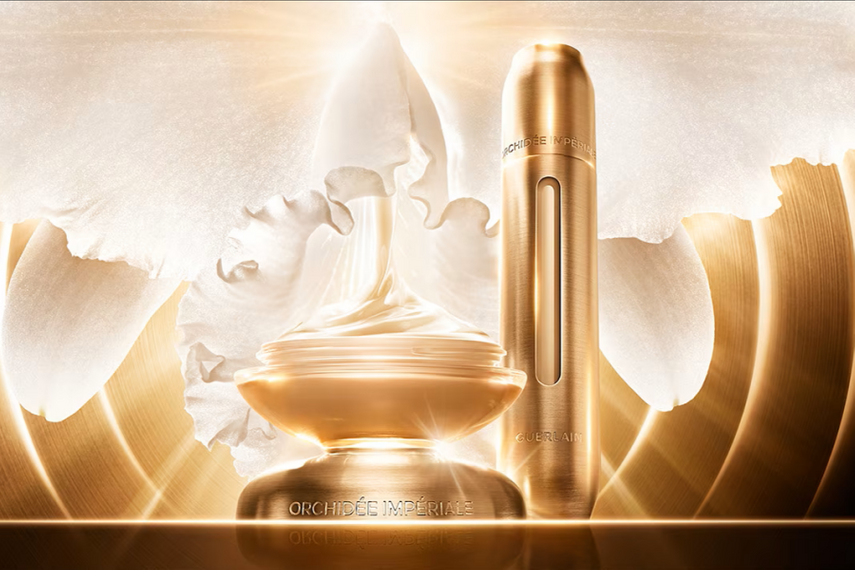
Please sign in or register
Existing users sign in here
Having trouble signing in?
Contact Customer Support at
[email protected]
or call+852 3175 1913
SOUNDING BOARD: Luxury skincare brand Guerlain has come under fire for its bold claims that its new $740 cream boasts the innovations of quantum science. Whilst some online have revelled it as a marvel, others are labelling it a misguided marketing attempt. Campaign asks experts to weigh in on the debate.

Contact Customer Support at
[email protected]
or call+852 3175 1913
Top news, insights and analysis every weekday
Sign up for Campaign Bulletins
The brand took home five Film Craft awards in total.
Now in its 32nd year, AOY has added two new AI-related categories as it recognises exceptional leadership, agencies, brands, and work across local, regional, and global markets.
Bookmark this page to watch all of the standout Grand Prix winners from the 72nd Cannes Lions Festival.
Unveiled at Cannes Lions 2025, Reddit’s AI-powered tools are designed to help brands tap into the power of community conversations and real-time insights.